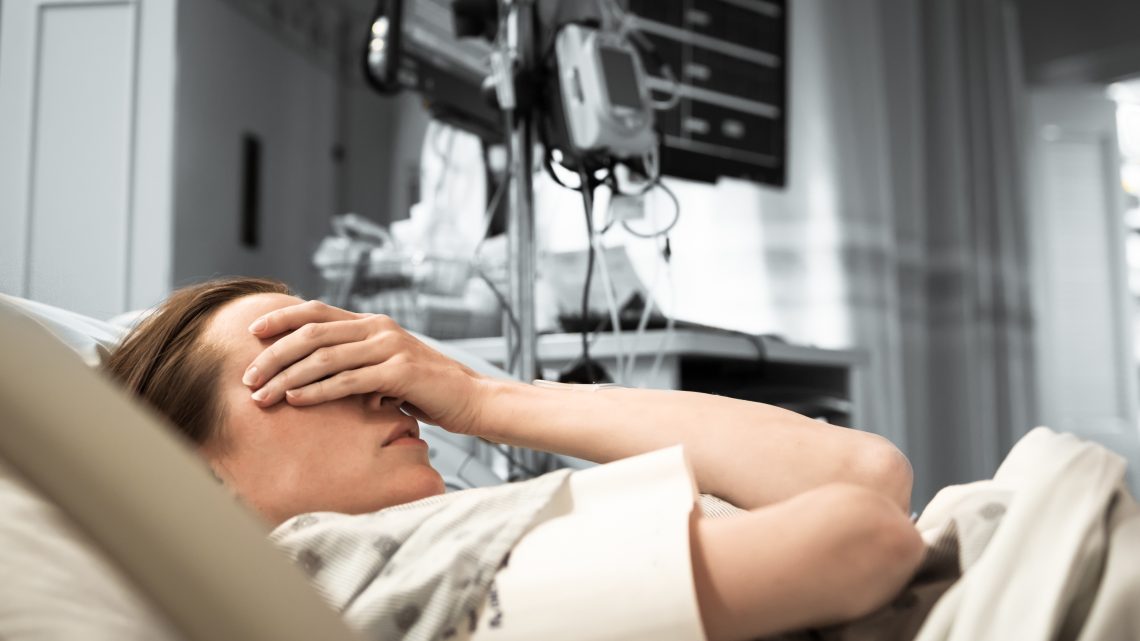It’s no surprise that traumatic brain injuries (TBIs) can affect almost any system of an individual’s body. As defined by the Mayo Clinic, TBIs typically happen when an individual experiences a violent or forceful blow to the head, harming the brain. Because all things lead back to the brain if the brain suffers a trauma, all other parts of the body and their processes have the potential to be affected. The same goes for sleeping. After someone experiences a TBI, it is not unusual for an individual’s sleep to be negatively affected or drastically change depending on the severity of the injury or the part of the brain that was injured. Sleep disruption and other TBI symptoms vary on a case-to-case basis, so we want to discuss the primary types of sleep disorders experienced by TBI victims and their associated symptoms.
Dangers Of Sleep Disorders
Most medical professionals will agree that sleep is by far one of the most vital and necessary bodily processes that we have. For instance, the CDC notes the average adult that sleeps less than 7 hours a night is more prone to long-term health effects such as obesity, high blood pressure, diabetes, coronary heart disease, stroke, frequent mental distress, and death. In turn, the short-term effects of a lack of sleep such as irritability, increased anxiety, depression, and fatigue, are not to be taken lightly either. Individuals suffering from lack of sleep may be unfit to drive, or operate machinery, as they could make unsafe decisions that put themselves or others in danger. For example, the truck accident lawyers at Shaw Cowart LLP, note that fatigue is one of the leading causes of car accidents resulting in injury as a direct result of lack of necessary sleep.
Are Sleep Disorders Common Among Brain Injury Victims?
Unfortunately, sleep disturbances and disorders are among one the prevailing symptoms of brain injuries. According to the Model Sytems Knowledge Translation Center, sleep disorders are three times more likely to affect individuals with mild brain injuries, and more than 60% of brain injury victims have reported having trouble sleeping. As if suffering from a traumatic brain injury isn’t bad enough as it is, lack of sleep is known to greatly increase chances of anxiety, depression, fatigue, irritability,
Sleep Disorders Associated With TBIs
Traumatic brain injuries, among so many devastating side effects, can produce a sleep disorder. Brain injury lawyers at Nicholson Revell, LLP, describe side effects like this as a disruption to one’s quality of life. If you or a loved one is experiencing sleep problems after a brain injury occurs, you maybe be suffering from one of the following disorders:
Excessive Daytime Sleepiness
Excessive daytime sleepiness is defined as one’s inability to feel alert or maintain wakefulness throughout the day. This can be a particularly frustrating experience when trying to perform effectively in everyday activities.
Insomnia
Insomnia can be both a short or long-term sleep disorder. Although it varies from each individual, insomnia is typically described as an inability to fall asleep, stay asleep, or wake up early and not able to go back to sleep. The physical and psychological effects of insomnia can be both mild and severe, and anyone experiencing insomnia for prolonged periods of time should speak to a medical professional.
Circadian Sleep-Wake Rhythm Disturbances
This is also known as a sleep-wake cycle disorder. This occurs when your body’s sleep schedule is out of sync with your environment. It’s similar to the experience of jet lag but may feel unable to be rendered to someone suffering from sleep-wake rhythm disturbances.
Natural Remedies To Improve Sleep
Improving your sleep may feel like a daily feat. The best advice out there for natural remedy effectiveness is consistency. Staying committed to a routine of healthy habits will help your brain and body prepare for a good night’s sleep. Here are some helpful tips for improving restless sleep:
- Meditation: Mindfulness through meditation can help improve relaxation
- Yoga: Beyond your mind relaxing, this can help your muscles and overall body relax.
- Exercise: This can allow your brain to release the energy it builds up, making tiredness more readily available to you.
- Essential oils: Certain essential oils are proven to send calming signals to the brain Lavender oil is notoriously good for this.
- Melatonin: This is a natural product found in plants known to regulate your sleep cycle.
- Light exposure: Taking a walk outside first thing in the morning can help your brain note when it should be asleep and awake.
- Acupuncture: With little side effects, this is said to be one of the most effective ways of helping sleep disorders.
- Massage: There are pressure points in the body that can improve sleep (for example, the outside of your big toe is said to help produce more melatonin).
- Food & diet: Eliminate stimulants like caffeine and nicotine, and eat a low-sugar diet.



No Comment